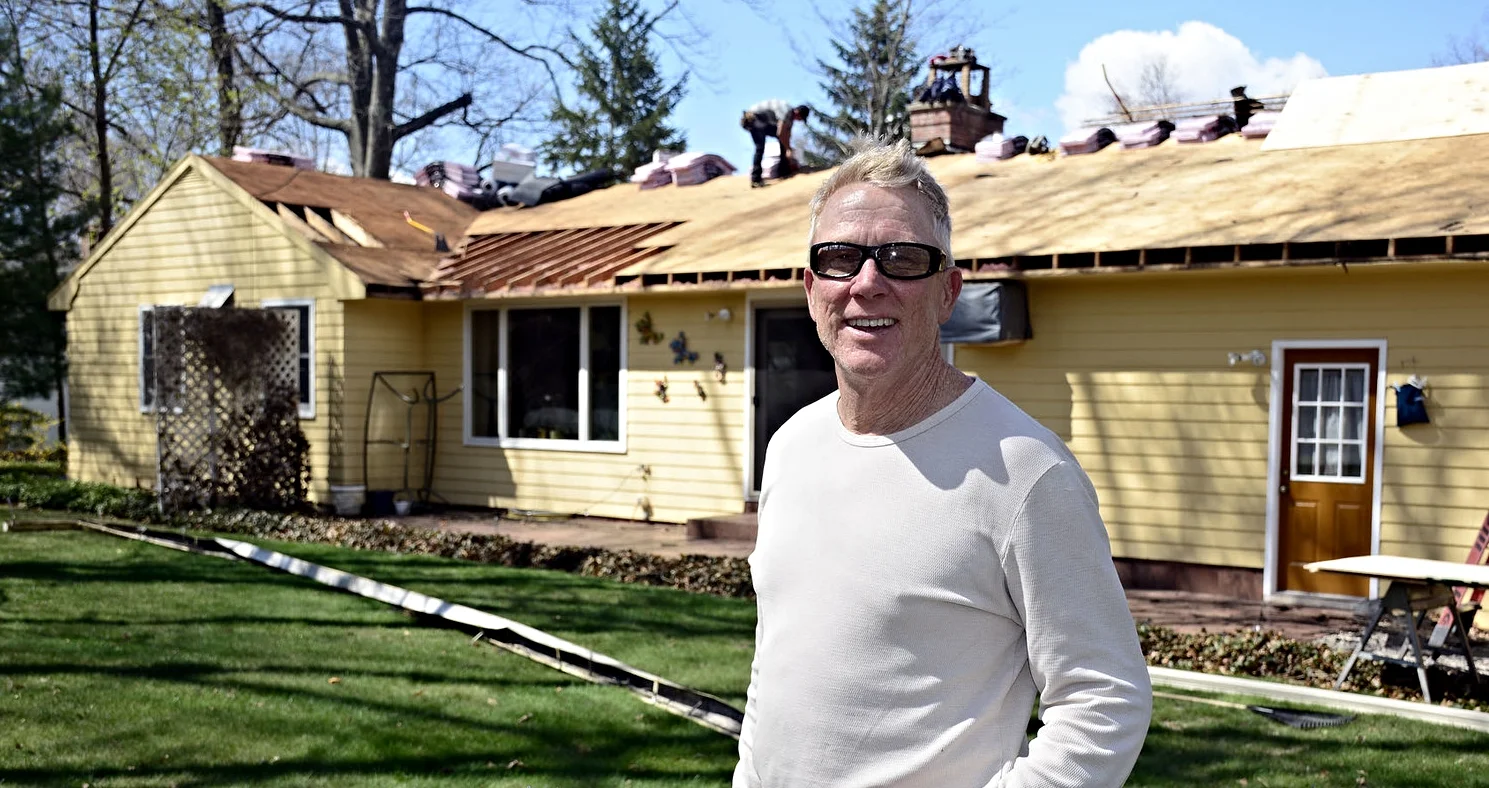The Great Thaw, A Homeowners Guide
Chelsea O'Donnell
After weeks of frozen ground, packed snow, and temperatures that barely cracked freezing, the first stretch of warmer days can feel like a gift. The sun comes out. The air softens. You can finally see your lawn again. But here’s what most homeowners don’t realize. Winter damage rarely shows up during the storm. It shows up during the melt.
When everything begins to thaw at once, your home goes through one of the most stressful transitions of the year. And if you know what to look for, you can prevent small issues from turning into expensive repairs.
Let’s talk about what’s actually happening. During deep winter, the ground freezes solid. That means when snow starts to melt, the water has nowhere to go. Instead of soaking into the soil, it runs across the surface. If that water pools near your foundation, it can find its way into tiny cracks or gaps that you didn’t even know were there. That’s why basements often leak during the first warm spell, not during the blizzard.
Take a walk around your home during this thaw. Look for standing water near the foundation. If you see it, that’s a grading issue. The soil should slope away from your house, not toward it. Over time, soil settles, mulch builds up, and landscaping shifts. The thaw exposes those subtle changes.
Next, check your downspouts. During heavy snow months, they often get buried or knocked loose. When meltwater starts rushing through clogged gutters, it can overflow right next to your foundation. Make sure downspouts extend at least a few feet away from the house. If water is pouring over the edge of your gutters instead of flowing through them, they may be clogged with debris or shingle granules loosened over the winter.
Speaking of roofs, the thaw is when ice dam damage reveals itself. Ice dams form when warm air from your attic melts snow on the roof, which then refreezes at the colder edges, and this season has been the worst for them. During the melt, you might notice staining on ceilings, damp insulation in the attic, or granules collecting near downspouts. Even lifted shingles or small flashing separations can become visible once the snow clears.
It’s also common to see foundation cracks that weren’t noticeable before. Freeze-and-thaw cycles cause expansion and contraction in concrete and masonry. Small hairline cracks are normal. Wider cracks that appear suddenly or show signs of shifting are worth a closer look. The thaw doesn’t create all the damage, it simply reveals what winter stressed.
Driveways and walkways can also show signs of frost heave this time of year. If sections look uneven or edges are crumbling, that’s freeze expansion at work. It may settle back down, but it’s a good time to assess whether repairs will be needed in warmer months.
And don’t forget about your sump pump. If you have one, now is the time to test it. Pour a bucket of water into the pit and make sure it activates properly. The first heavy spring rain combined with melting snow is not the moment you want to discover it isn’t working.
Here’s the bottom line: the first thaw is a diagnostic window. It’s your opportunity to see how your home handled the winter. Most issues we see in early spring started months earlier. The difference between a manageable repair and a costly problem often comes down to catching it early. A small gutter adjustment, a downspout extension, sealing a minor crack, these are simple fixes when addressed promptly.
Winter in Connecticut is tough on homes. That’s just reality. But the homes that weather it best are the ones that get a little attention when the seasons shift. So enjoy the warmer air. Open a window. Take that walk around the yard. And while you’re at it, let the great thaw show you what needs a little care before spring rains arrive.
Bob O’Donnell is the owner of O’Donnell Bros. Inc., a Bristol-based home improvement company established in 1975. Email your questions to info@odonnellbros.com with the subject line “Ask the Pro.” All questions may be considered for publication. For remodeling or home improvement needs, call (860) 589-5155 or visit http://www.odonnellbros.com. Advice is for guidance only.
